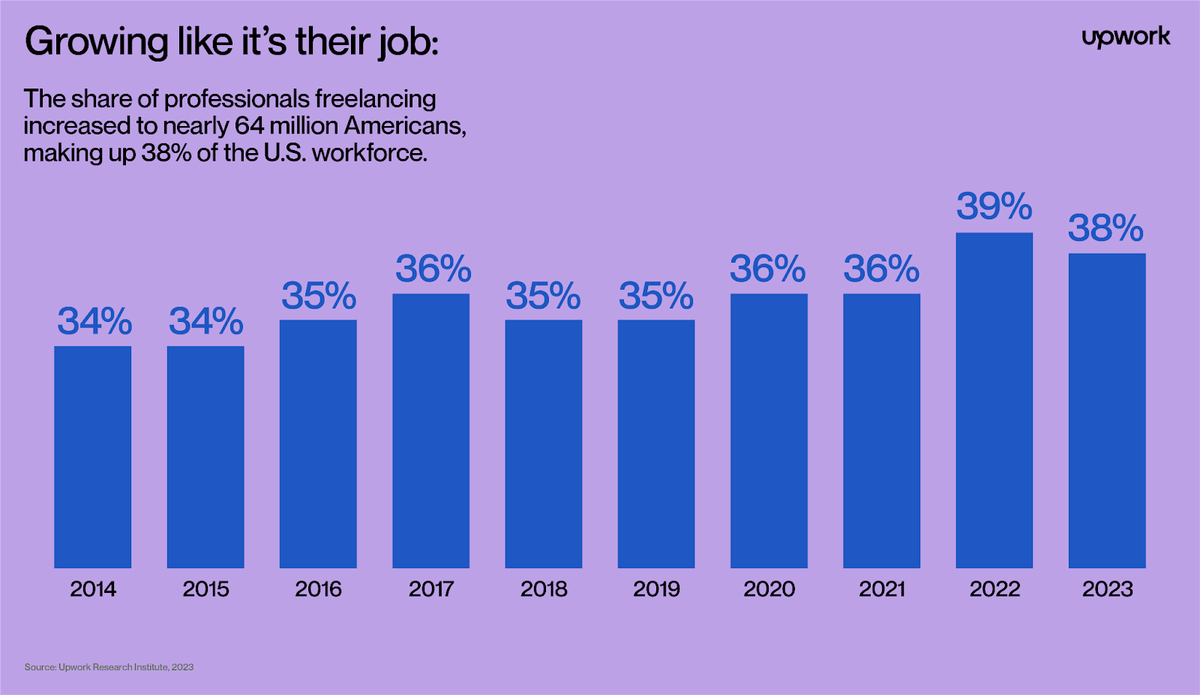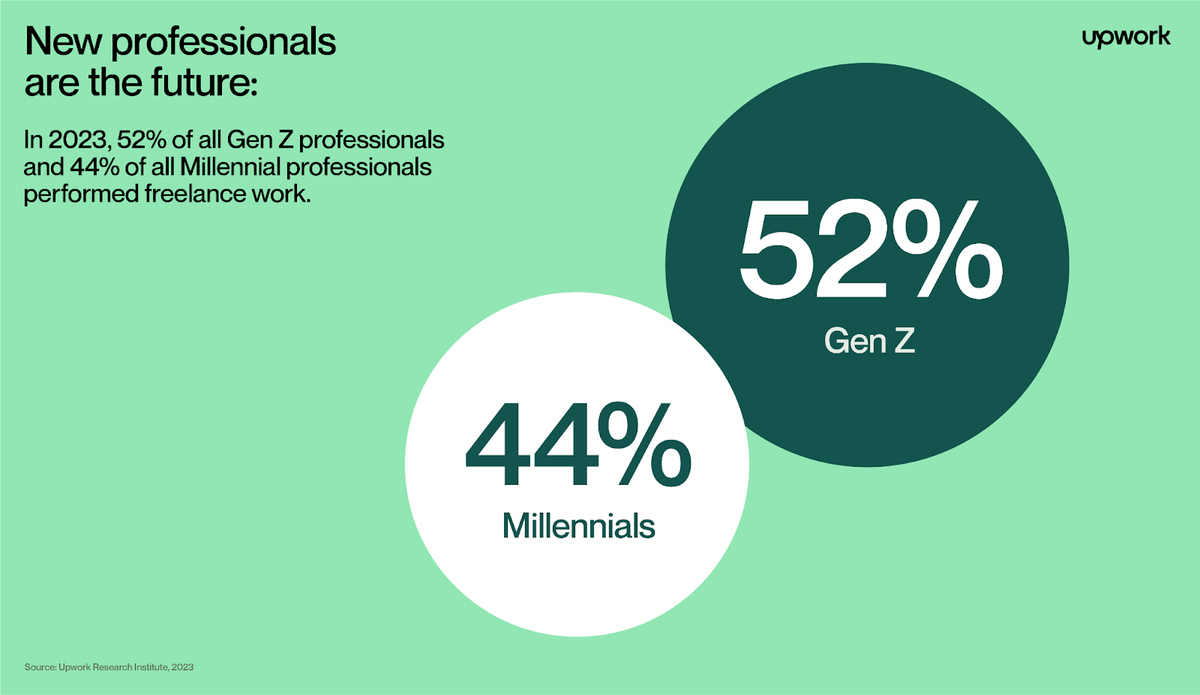
Upskilling For Job Applicants: Why Continuing Education Matters In 2025's Job Market
Unlock new career opportunities.
Finding your niche in today’s job market feels like trying to fit a square peg into a round hole. You need more than just a basic skill set to stay relevant, especially in constantly evolving fields.
Nowadays, employers increasingly prioritize candidates with adaptable expertise and ongoing education. Why? Because technology reshapes industries faster than ever before.
In this article, we’ll explore how upskilling empowers you to stand out from the competition and secure those coveted positions. Continuing education may be your key to unlocking new opportunities and showcasing what sets you apart.
How Upskilling Can Transform Your Career

By expanding your skill set, you're building adaptability and resilience while also making sure your CV stays relevant in today’s market.
You’re also getting a confidence boost from knowing that your skills fit the job, so it’s easier to negotiate salaries and benefits. In short, upskilling arms you with the knowledge and self-assurance needed to make bold moves.
It’s also not a matter of whether you want to grow your career or try your chance at entrepreneurship. Upskilling helps diversify your expertise beyond core competencies, opening doors to innovative solutions and better decision-making.
Think about it like adding more tools to your toolbox – each one expands what you can achieve professionally.
The pace at which industries change requires everyone to remain agile and forward-thinking through ongoing education efforts. Whether tackling complex tasks or preparing for future challenges, upskilling helps secure long-term success while maintaining competitiveness in any field.
Understanding Industry-Specific Skill Requirements

Adaptability, critical thinking, and communication – these skills serve as foundational elements for every employee and entrepreneur. They're essential in navigating daily tasks and facilitating effective collaboration across various teams.
But general skills alone won't cut it anymore. To remain competitive in their field, each professional must cultivate industry-specific skills. This is why it’s essential to understand the competencies that matter the most for your sector.
Whether it’s mastering data analytics in finance or getting certified in green technologies in construction, you need to focus on the new capabilities that are about to become essential for your field.
Once you know what you need to learn to stay relevant, look for educational programs that meet these needs. For instance, if you are a welder and want to upskill, you should consider enrolling in a training at STVT tailored specifically toward industry requirements.
You will get hands-on experience across various welding techniques, from MIG to TIG and Stick. This broadens your technical proficiency, making you versatile in handling different materials and projects. Mastering these techniques opens the door for diverse industries like automotive or construction.
Overall, understanding unique requirements within each sector enhances one's adaptability and appeal to potential employers seeking multifaceted talent.
Industry certifications gained through such programs further boost employability by validating expertise in line with recognized standards. These credentials often serve as key differentiators during hiring processes, especially now, when many companies use talent acquisition software to handle the recruitment process.
The Gig Economy and Upskilling

With more people looking for flexible work arrangements or side hustles, the gig economy is booming at the moment. According to a recent report by Upwork Research Institute, freelance workers contribute $1.4 trillion annually to the U.S. economy alone.
For regular employees, this shows that if they embrace adaptability and continually enhance their skill set, they can jump ship into entrepreneurship rather easily. Of course, it also means that having a side hustle is now easier than ever.
However, staying competitive within the ever-changing work landscape requires strategic efforts to learn new technologies or methodologies. Building specialized expertise can set you apart as a well-rounded professional with valuable insights into niche areas that remain highly sought after, like data analysis, computer science, or Artificial intelligence.
Wrap Up
Taking charge of your career path through ongoing learning empowers you to adapt and excel. By actively pursuing new skills, you're not just reacting to changes; you're also steering the ship toward your professional goals.
Embracing lifelong education gives you the tools needed to navigate complex challenges confidently. Whether it's mastering a new technology or refining leadership qualities, every step taken in continuous learning enhances both personal growth and marketability.
Upskilling has become a strategic decision that puts you in control of future opportunities, ensuring lasting relevance in any field as the world continues evolving.











